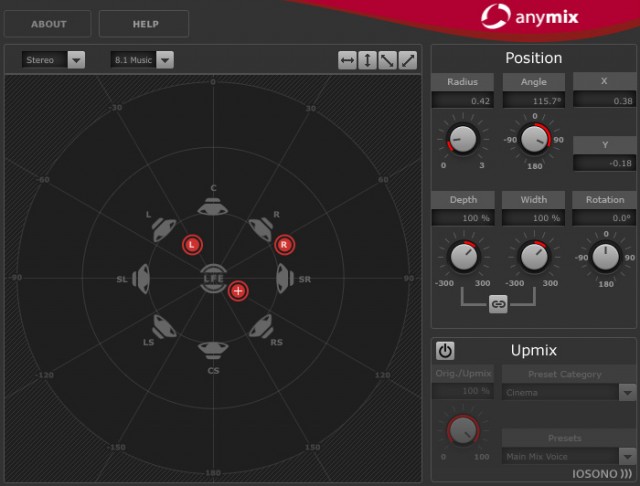castleofargh
Sound Science Forum Moderator
- Joined
- Jul 2, 2011
- Posts
- 10,975
- Likes
- 6,813
old is 15 years older than we are. it's a universal constant for the person thinking about it.
[1] Why do you think that miniDSP implementation is better? Correcting "time smearing" is marketing bull****, you cannot directly control the duration of a bass resonance with active room correction (i.e. DSP). [2] The best such active (digital) RC can do it to reduce the amplitude (level) of a resonating peak. Of course, if you reduce the level at the frequency which resonates in your room, this resonating frequency will die faster, but it's indirect control. [3] If you want to directly control the resonance duration, you need not active RC, but passive RC (diffusion and absorption panels, bass traps, SBIR and RFZ panels, etc.). Most people are, of course, to lazy to make, buy and install such panels.
Very well said.If you play everything through a media server and it's just 2 channel, I don't see any advantage to not using a software EQ through the computer. If you have a multichannel or Atmos system, or if you have multiple sources in your system, the computer becomes less convenient.
You could take some charcoals and turn those panels into works of art that would conversation pieces for years to come... there, fixed!And whether or not to install panels in a room depends on the materials used to make the room and the particular acoustics. In my case, the whole room is 1950s knotty pine. I can't cover that up with acoustic panels. It would look terrible. Every situation involves tradeoffs and compromises.




Well, I am 42 years old, so I may be "old folks" myself to some young people!
Concur completely! Since when was early 40s old?! That be a young'in still in my book. Knows just enough to get themselves into trouble. Experience doesn't begin until 50sold is 15 years older than we are. it's a universal constant for the person thinking about it.
you're the captain of the thread. if you're ok with too much work, who am I to complain ^_^.I don't really see it as a problem, as many different ideas have come up due to the lack of specificity. It's true, listing every available plugin is impossible, but it's nice to have a wide selection available to browse.
Regarding resampling DSP, I have never heard a difference after resampling. I know resampling is important for editing or distribution purposes, but I can't see it making an effect on the consumer listening end. I was hoping to stay focused on DSPs that make a very clearly defined difference to the sound, not just the format or rate.
Concur... I view this thread as an initial "Jump-in-There" + "How-To" with some recommended samples to try out.I don't really see it as a problem, as many different ideas have come up due to the lack of specificity. It's true, listing every available plugin is impossible, but it's nice to have a wide selection available to browse.
you're the captain of the thread. if you're ok with too much work, who am I to complain ^_^.
about resampling, it will impact some gears. most antiquated NOS DACs are likely to suck at 44.1. they will roll off too much in the high freqs or be an aliasing fest. so for those it's probably a good idea to oversample. even if it also means admitting that adhering to the NOS DAC principle was a mistake.
then some have reported changes even on other devices, but I wouldn't make any claim about audibility there, as the feedback usually comes from sighted experience.
and some just do it because they assume they have a method that is objectively superior to the one used in the DAC, which is probably true with the right app. but as the chip works at really high sample rate, you will not have the opportunity to directly send that rate to the DAC(unless you're converting to DSD for the appropriate kind of DAC). meaning we do one oversampling, and then the DAC does another one anyway. how beneficial that can be is something I honestly don't know.
I also vaguely remember reading something about situations where the chip deals with 44.1 or 48khz but kind of sucks with the other one. but I can't remember if it was solid stuff or audiophile talk. maybe some stuff about a very crappy clock? or some specific anti jitter upsampling thingy? I don't remember. does anybody know if it is something that exists/existed? (secretly summoning @KeithEmo for information).
but I would assume that the main use of a resampler in foobar is to have a fixed rate no matter the file played so that you can output something consistent through bit perfect, or some specific virtual cables, or maybe even something related with convolution if the filter is only available at one sample rate. so it's not completely useless.
[..]
Almost every DAC performs differently between different sample rates. It could be related to the software driver, or hardware as well depending on design. The question is if those difference are large enough to be audible, and I'm not convinced they would be aside from really crummy gear, which is very hard to come by nowadays.

